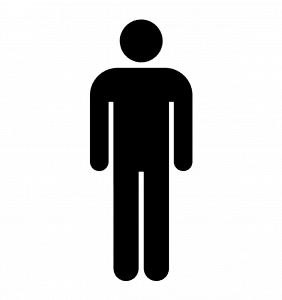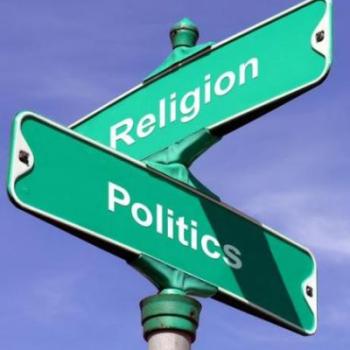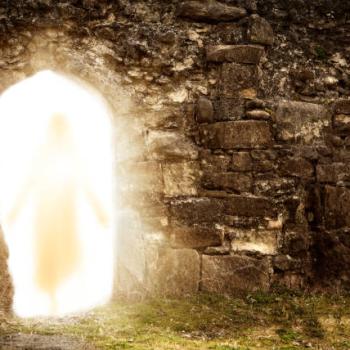
Who am I? It’s a question addressed in parlor games, odd moments of reflection and the dense prose of theologian Hans Urs von Balthasar. Wading through The von Balthasar Reader, I got to a short section on what it means to be a person. Balthasar names two approaches to an answer. I can compile a list of things that make me unique among all the human species. Or I can get to the heart of the matter and risk encountering God. I found myself remembering times when I took the first of these.
The non-essential “me”
Being a member of the human species, I share with others a lot of exciting qualities. I can be self-conscious and creative, fret about the purpose of my life, and try to imagine what it’s like to be dead. Besides all that it seems there should be something that gives me my own special uniqueness. I want to be different from everybody else. So I look for a quality or combination of qualities that only I possess.
Those who know me can no doubt make their own lists of Jack Hartjes oddities. From the sublime to the ridiculous, I name just two.
- I have composed 20 verses to “Michael Row the Boat Ashore,” all about stories from the Old Testament. (See my series of posts “Rowing through the Old Testament.”) Maybe nobody else has done that exact same thing.
- I swim laps at the local Microtel while recounting the Fibonacci series. Not being such a great swimmer, I tire easily on the front crawl. I have to catch my breath with other strokes like breaststroke and elementary back stroke. When I do the crawl, I gradually ramp up the challenge with Fibonacci. I start with 3 laps (skipping 0, 1, 1, and 2). After some resting strokes I go back to the crawl and do 5 laps. Next time 8, and finally – if I feel up to it – 13 laps forth and back across that small pool. It’s possible I’m the only swimmer in the world who crawls to the Fibonacci series.
Balthasar would be quite right in saying neither of these nor any combination of such oddities makes me who I am. These are mere accidents. I would still be the person I am without them.
The interpersonal way
Balthasar says, and modern psychology agrees:
[A] spiritual subject can awaken to itself and to its own actuality only if it is addressed by one or more others who find it valuable, perhaps indispensable. (Balthasar Reader, p. 91)
A child learns its own worth and even uniqueness as a person from its mother. But is this affirmation and the regard of others in our lives enough to hang the concept of person on? After all, someone who treasures and loves us can only tell us who we are for him or her. And that treasuring can always be taken back.
Everything remains stuck in a mesh of relative and mutually temporary evaluations and reevaluations, recognitions and denials. (Reader, p. 91)
Balthasar began this section on person by saying we can get along without the concept “much longer than we are accustomed to think.” Neither from our interesting but non-essential characteristics nor from the regard of others, can we get “an abiding concept of [our] personal uniqueness.” (p. 90-91) Maybe there is no such thing as a person. Maybe I just walk down the same path as everybody else with at most my little quirky ways of being human or a Pisces or a consumer in the global economic order.
A person and God
Balthasar concludes that only with God can we hold on to a meaningful concept of person. Only God can give us more than “doubtful, precarious assurances” of who we are.
There, where God tells a spirit-subject to its face who it is for him, the eternally abiding and faithful or truthful God, where he tells it in the same breath why it exists—thus conferring on it its divinely attested mission—there it can be said of a spirit-subject that it is person. (p. 92)
Balthasar hasn’t proven that this absolute yet personally involved God exists. Only that our preference for thinking of ourselves as persons is pretty fragile without such a God.
Image credit: Wikimedia Commons












